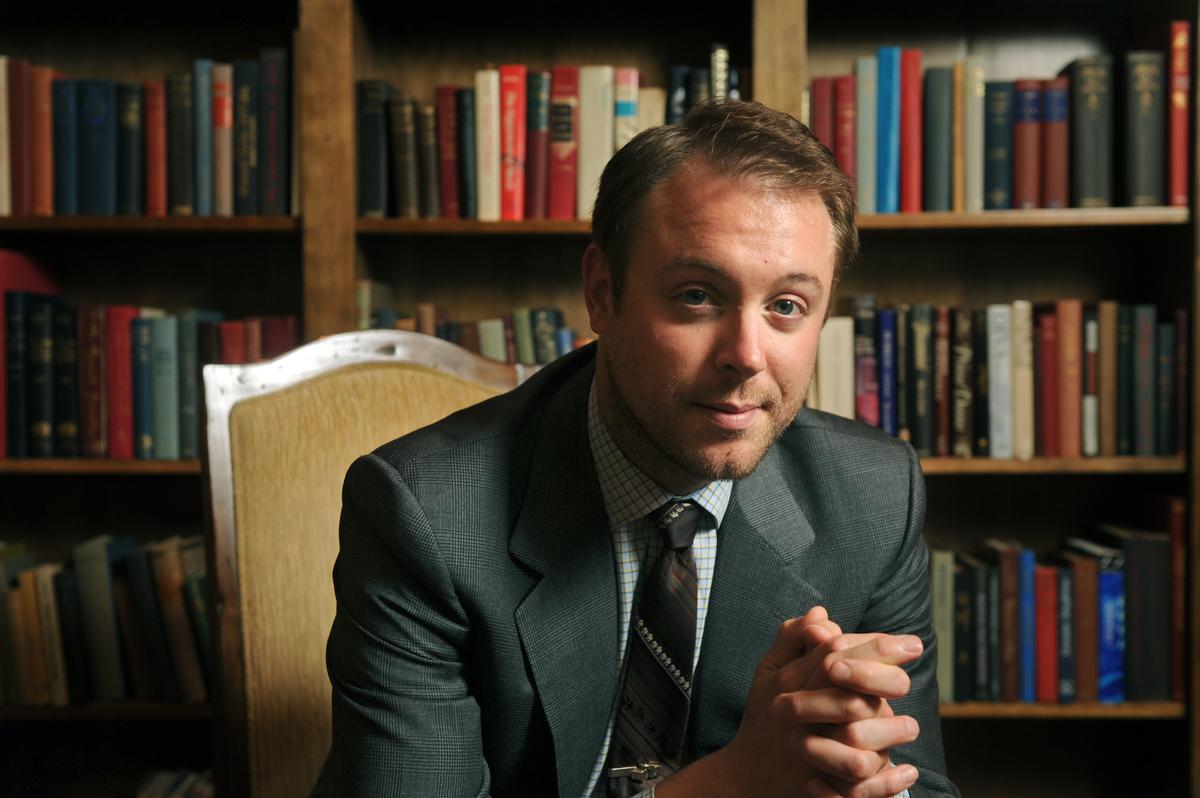Music Academy of the West Offers Spectacular Orchestral Series
2018 Academy Festival Orchestra Programs Expands to Encompass ‘The Planets’

As the Music Academy of the West (MAW) heads into a second historic collaboration with a major international symphony orchestra — this time it’s the London Symphony — the school’s Academy Festival Orchestra will be stepping up its game as well in a couple of ways. First there’s the four-concert orchestral series at the Granada, which will challenge the young musicians not only with grand works of the concert repertoire, such as Ludwig van Beethoven’s Symphony No. 6, “Pastoral”, but also with new music, including two West Coast premieres and one American premiere. Then, for the finale of the summer, the Academy Festival Orchestra (AFO) will exit the Granada and enter the Santa Barbara Bowl on Saturday, August 11, for an ambitious community concert featuring Gustavo Dudamel, the Los Angeles Master Chorale, and two world-renowned vocal soloists for Gustav Mahler’s Symphony No. 2, “Resurrection”. It would be an extraordinary schedule for a major professional orchestra — five complex programs in seven weeks under four different conductors — but for the fellows of the Music Academy, this kind of rigor and intensity is exactly why they chose to come to Santa Barbara.
Speaking with Patrick Posey, the MAW’s vice president of artistic planning and educational operations, one gets a sense of both the broad scope and the practical aspects of the dauntingly cerebral task of choosing and organizing these programs. This year’s concerts, according to Posey, represent an attempt to understand the path that the symphony as a form took on its way to the expanded definition seen in such evening-length works as Mahler’s Second. Gustav Holst’s The Planets, for example, which will be conducted by the London Symphony’s Elim Chan on July 21, “couldn’t be done in the traditional symphonic format of four movements” as there are more than four planets. Already in Beethoven’s sixth (June 30) and Sibelius’s fifth (July 7) symphonies, there’s a sense that the orchestra holds more in potential than has yet been tapped by the tradition.
Audiences will not have to wait long to hear the extent to which the orchestra would, in the 20th and 21st centuries, become a more flexible and innovative ground for musical expression. Alongside Sibelius 5, conducted by Larry Rachleff, the AFO will perform the West Coast premiere of Pulitzer Prize winner Caroline Shaw’s violin concerto Lo. Shaw will perform the piece on the violin, as she is the only musician thus far qualified to produce the intricate rhythmic effects she has incorporated into the score. On July 14, Bastille Day, the concert celebrates French-American relations with Gershwin’s American in Paris in a new edition and Debussy’s La mer. The season’s welcome focus on women composers and conductors reaches its conclusion on July 21, when Chan takes the podium to conduct not only the Holst but also a West Coast premiere by Elizabeth Ogonek, Sleep and Unremembrance.
If you have ever thought that you might enjoy delving deeper into the unique experience of hearing live orchestral music at the highest level, here’s your chance. Subscribe to the whole series, and then take your friends and family to the Santa Barbara Bowl for the community concert with Dudamel and the L.A. Master Chorale. Packed with drama and requiring 200 musicians, Mahler’s Symphony No. 2 outdoors will be unforgettable.
4·1·1
For tickets and information, call 969-8787 or see musicacademy.org.



